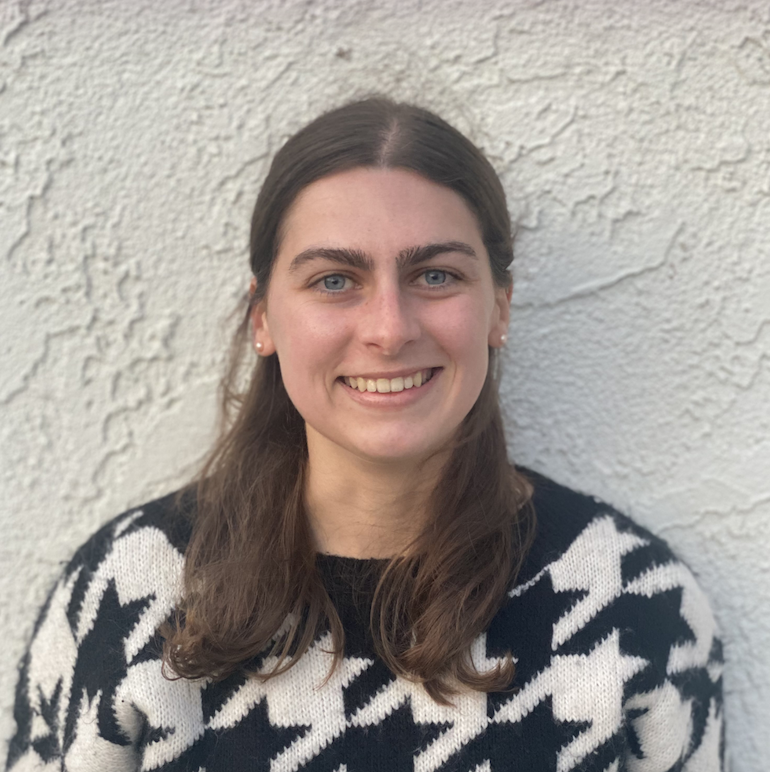Sarah is a recent UCLA graduate with an English major and Philosophy minor. Through her experiences in university and teaching abroad, she has developed a strong interest in human rights issues, particularly those affecting women. She is excited to be a part of an organization which amplifies women’s voices and strives to enact change through collaborative discourse and education.
What was your experience of learning about female genital cutting (FGC) for the first time like?
My friend who plans to attend medical school andand become an OBGYN had learned about FGC in one of her classes, and she educated me on its wide-scale impact.
When and how did you first get involved with Sahiyo?
I learned about Sahiyo in late 2022 when searching for grant writing internships through LinkedIn. When I stumbled upon Sahiyo’s job posting for a development intern, I took a deep-dive into Sahiyo’s blog to learn more about FGC. What I learned was that my impression of FGC was largely inaccurate. While I thought type 3 FGC was the norm, I learned there are actually 4 types of FGC, with type 1 being the most common. I had also thought FGC occurred mainly in African countries; I learned from Sahiyo that it also occurs in many Asian countries and the U.S. Realizing how little I knew about FGC, I developed an interest in learning more, and knew working for an organization like Sahiyo would provide the opportunity to further my education while also positively contributing to the organization’s daily operations.
What does your work with Sahiyo involve?
As a Development Intern, I help acquire donors for future fundraising events like our International Women’s Day Celebration and Silent Auction, write donation appeal emails, and draft letters of intent for grant applications.
How has your involvement with Sahiyo impacted your life?
Sahiyo has opened my eyes to how greatly Americans need to be educated on FGC. Looking back six months ago, I now see how uninformed I was on what FGC even is, let alone its pervasiveness. Working for Sahiyo has allowed me to further understand why FGC occurs, who practices it, and why many communities continue the practice. FGC is a complex, nuanced issue that requires an empathetic approach when educating practicing communities on its harms, instead of pure condemnation. Sahiyo has not only educated me, it has also allowed me to start conversations with people in my community about FGC, which will hopefully have a ripple effect.
What words of wisdom would you like to share with others who may be interested in supporting Sahiyo and the movement against FGC?
It’s never too late to start educating yourself or others about FGC. Even for those who know about FGC, I encourage you to continue learning, as the work to end FGC is ever-evolving and requires organizations and advocates to employ new tactics for promoting positive change.

